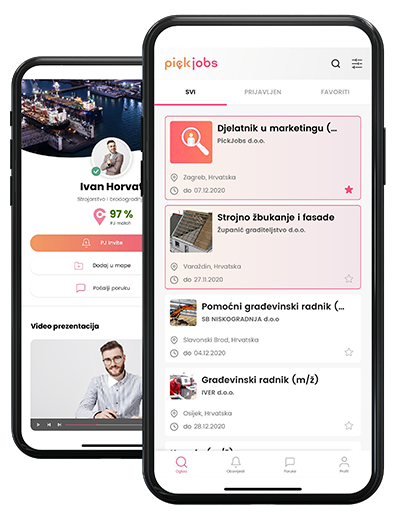Anxiety can be defined as a feeling of discomfort, general tension, worry, great stress, panic, fear, and irrational foreboding. Anxiety is not the same as fear, although the two concepts are often confused.
One of the common sources of anxiety and stress for adults is their work. Whether there is a certain group dynamic that makes them dread going to work, or they have a lot of work assigned to them on a daily basis, work can be stressful and can cause people to feel anxious about deadlines or other aspects of employment.
My work and anxiety
You often say "My work affects my life a lot", "My work creates stress for me"... But what you can definitely learn is to recognize when you are looking at things through 'anxiety glasses' and adjust your thinking so that it does not limit you.
Do you suddenly feel anxious while at work? Do you get nervous just thinking about your job? Does your mood change on Monday morning or Sunday night? If your anxiety revolves around work, you may be experiencing workplace anxiety, also known as job stress. And you are certainly not alone.
According to the 2021 Mind the Workplace report for Mental Health America, nearly 83 percent of respondents felt emotionally drained from their jobs. And 85 percent - or nearly 9 out of 10 workers - said stress at work affected their mental health. Of course, you don't have to go to the office or workplace to experience workplace anxiety. You can also experience these feelings when you work from home. But the situation is far from hopeless. Here's everything you need to know about anxiety in the workplace, along with practical strategies to reduce and manage stress at work.
Workplace anxiety or anxiety disorder
First, it's not always easy to tell if you're experiencing workplace anxiety or symptoms of an anxiety disorder. How will you tell them apart? Your anxiety is limited to work.
Here are some key signs of workplace anxiety:
- During the days off, you feel pretty good and your anxiety decreases.
- If you work Monday through Friday, feelings of anxiety and dread will overshadow your weekend, especially when thinking about work.
- You find it difficult to talk to colleagues because of the competitive work culture, but you have no problem talking to people outside of work.
How do you know when your symptoms could be related to generalized anxiety disorder or another anxiety condition? Symptoms of an anxiety disorder are "persistent, consistent, and negatively affect several aspects of your life."
The key difference between the two is that workplace anxiety generally develops in response to stress at work. Anxiety disorders, on the other hand, tend to develop and persist regardless of your work circumstances.
Anxiety in the workplace can seem overwhelming and unrelenting. But with a few small steps you can successfully overcome or control stress at work.
My work and triggers
Stress triggers at work are not always obvious. Writing down the times you feel nervous throughout the day will help you find patterns or triggers. Maybe you regularly feel jittery and nauseous before weekly team meetings, or have trouble concentrating on anything after meeting a certain co-worker. Maybe you have too much work that you can no longer control. Identifying specific situations that increase your stress levels can help you figure out the best strategy for dealing with them in the future.
What-if worry is a common type of anxiety in the workplace. To better understand what's going on and explore possible solutions, you can try asking yourself these "what-if" questions until you uncover your underlying fear. If you discover that you cannot remove the signs of stress and anxiety at your current job, consider changing your job.
Tips to reduce anxiety in the workplace:
- Support yourself with the same encouraging words you would say to a friend or colleague.
- Give yourself constructive – not destructive – criticism!
- Be objective.
- Be open to new things.
- Use workplace challenges to your advantage

 Croatia
Croatia Bosnia and Herzegovina
Bosnia and Herzegovina Serbia
Serbia Crna Gora
Crna Gora North Macedonia
North Macedonia Ukraine
Ukraine Albania
Albania Kosovo
Kosovo Austria
Austria Deutschland
Deutschland Switzerland
Switzerland









